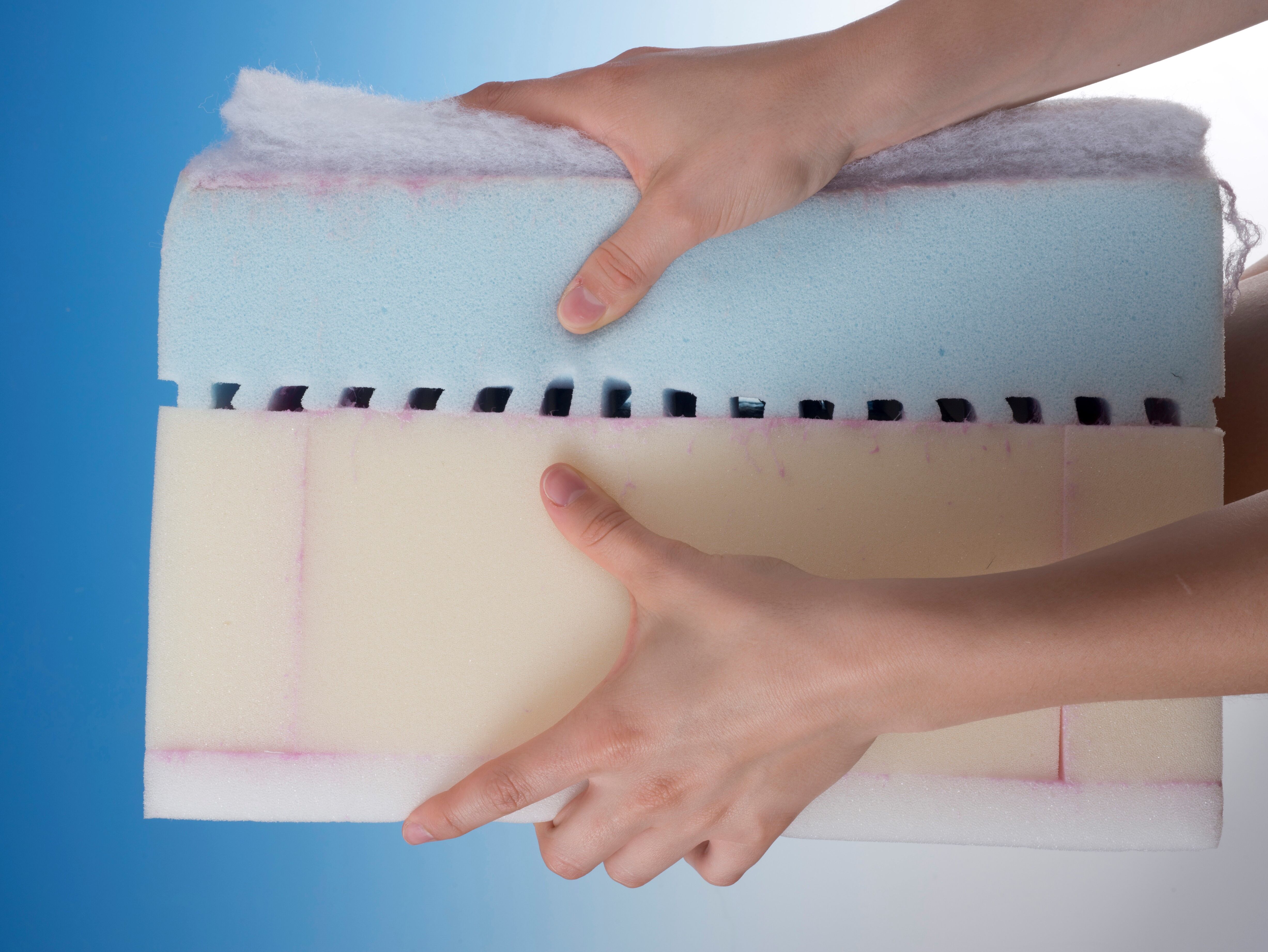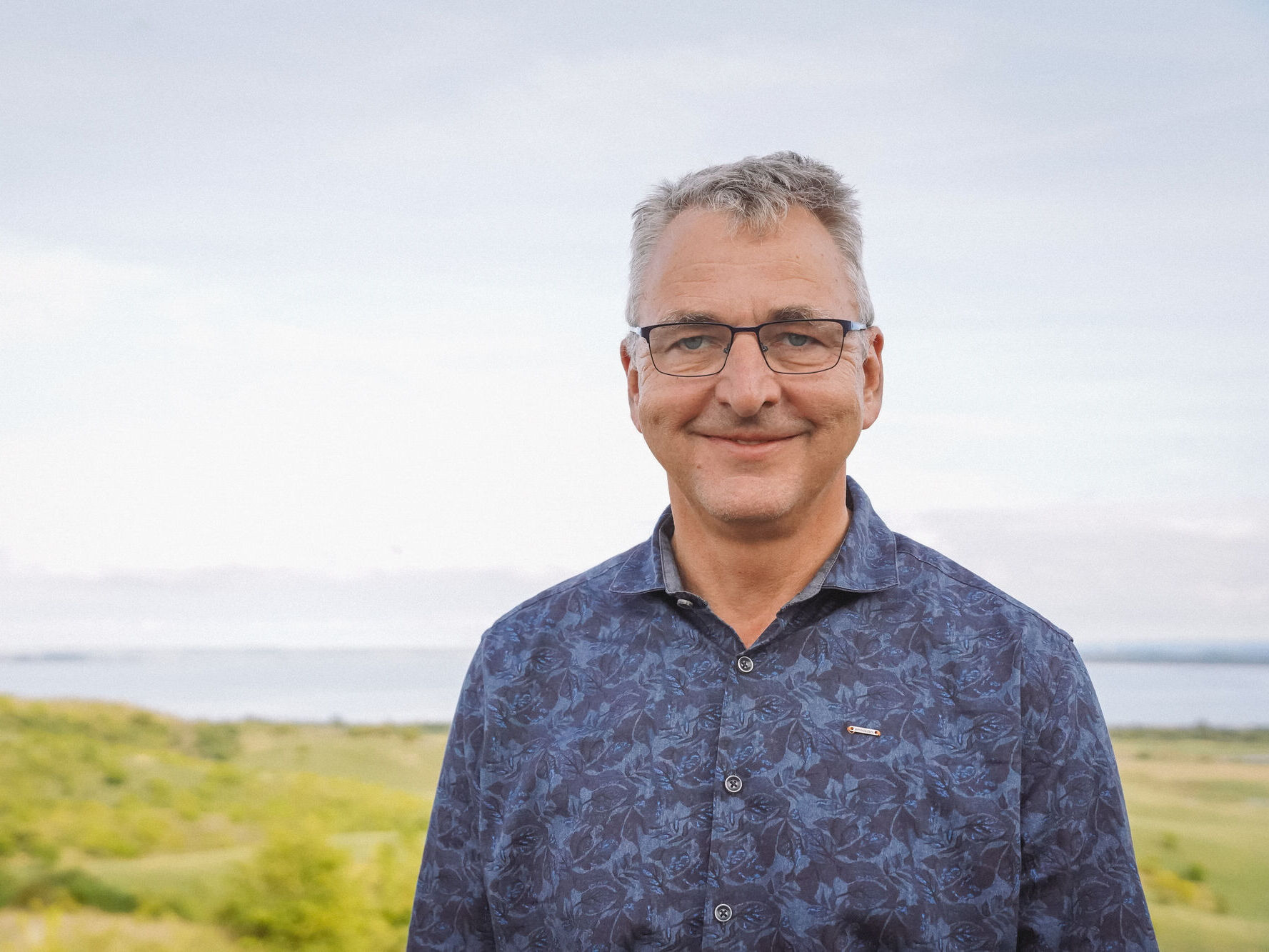Plastics are currently indispensable for the production of construction materials, electric insulation, drinks and food packaging, textiles and many more applications. Unfortunately, the mass production of synthetic polymers, especially for packaging materials, has led to an enormous waste problem for the environment. The polymers polyurethane and polyvinyl alcohol contribute to approximately 8 percent of the European plastic production. For several years methods to achieve an environmentally-friendly recycling of plastics have been the subject of intense investigations. This would not only relieve the environment, but also reduce the amount of petrol required to make new plastics chemically. Furthermore, less of the greenhouse gas CO2 would be emitted by garbage incineration plants that currently burn plastic waste.
Polyurethanes (PUR) are used for the production of mattresses, insulating materials, thermoplasts (i.e. for sport shoes) and for coatings (sealants, painting, glues). Chemical methods have been developed for the degradation of these compounds, but they require high amounts of energy as high temperatures and pressures are required. Biotechnological methods using microorganisms or enzymes as natural biocatalysts represent an alternative as they enable the degradation and especially recycling – the isolation of the building blocks to make new plastics – at moderate temperatures of no more than 40°C and without the use of chemical reagents. Prof. Dr. Uwe Bornscheuer’s team at the University of Greifswald’s Institute of Biochemistry, together with scientists from the company Covestro (Leverkusen), has now identified the key enzymes, which are able to degrade polyurethane into its building blocks after a chemical pretreatment. “The search for these specific biocatalysts was very laborious as we had to screen about two million candidates in order to discover the first three enzymes, which have been proven to break the special chemical bond present in polyurethanes,” explains PhD student Yannick Branson (University of Greifswald), describing the challenge of this project. “With this ground-breaking discovery we now have the precondition to tailor-design these biocatalysts using methods of protein engineering that aim to develop an industrial recycling of polyurethanes,” explains Prof. Dr. Uwe Bornscheuer (University of Greifswald) further. “Using these newly identified enzymes, we get much closer to our target of a circular economy for the polymer industry,” adds Dr. Gernot Jäger, head of the Competence Center for Biotechnology at Covestro AG (Leverkusen).
Polyvinyl alcohols (PVA) have versatile properties and are also widely applied, for instance for the coating of fibers and as foils for packaging. So far, no mature processes exist for the degradation of PVA. Here, the team of Professor Bornscheuer was also able to develop the basic principles for a biotechnological process together with a polymer expert from the University College Dublin (Ireland) and scientists from Leipzig. The degradation of PVA could be achieved through the elegant combination of three different enzymes, which are then able to modify the polymer in a stepwise fashion to obtain fragments of the polymer, which then can be used for its recycling.
Further Information
Urethanases for the enzymatic hydrolysis of low molecular weight carbamates and the recycling of polyurethanes, Angew. Chem. Int. Ed., 62, e202216220
The article can be found at: https://doi.org/10.1002/anie.202216962
Synthesis of modified poly(vinyl alcohol)s and their degradation using an enzymatic cascade, Angew. Chem. Int. Ed., 62, e202216220.
The article can be found at: https://doi.org/10.1002/anie.202216220
Video or audio requests possible.
We offer an interview in video or audio format. The following questions were asked in the interview:
Can you explain what you have research or what contribution your recent research makes?
Is it possible to solve the plastic issue using this new method of degradation by biocatalysts?
And what about the plastic waste in the oceans? Is the method also suitable for that?
How does this method work for Microplastic?
Do you have any forecast of when this method will be ready for the market?
Contact person at the University of Greifswald
Prof. Dr. Uwe Bornscheuer
Institute of Biochemistry
Felix-Hausdorff-Straße 4, 17489 Greifswald, Germany
Tel.: +49 3834 420 4367
uwe.bornscheueruni-greifswaldde
http://biotech.uni-greifswald.de


